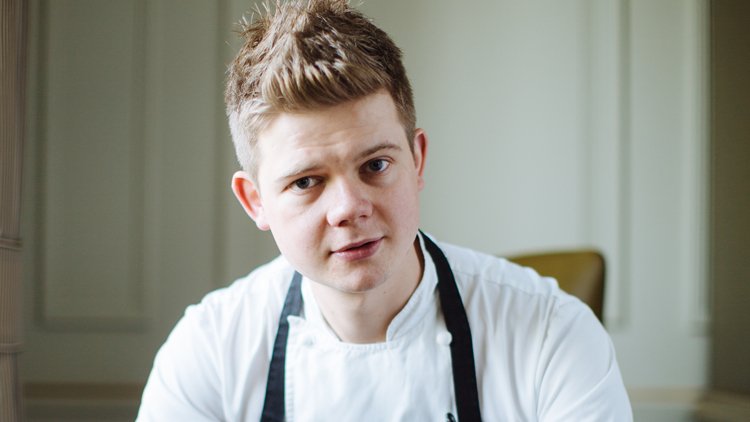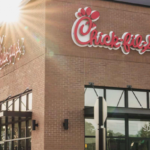Why did you become an ambassador for Farm Africa?
For me, it’s all about education. I am continually learning, and we must support and learn from one another to create a better world for future generations. The food system is highly interconnected, and we witnessed during the pandemic how quickly these connections can falter, impacting both producers and consumers. The global food system, which includes small-scale farmers in East Africa producing many of the commodities we consume, should foster fair, climate-resilient, and sustainable livelihoods for those farmers and their communities. Unfortunately, the market often leaves these farmers receiving very low prices for their products. It’s crucial that all producers receive a fair deal as a fundamental aspect of our food system. That’s why Farm Africa plays a vital role, helping producers in poorer countries secure higher incomes and a just share of the value chain while ensuring farming practices that protect and restore the environment.
How can the culinary world help organizations like Farm Africa?
Chefs are well-positioned to champion responsible and sustainable food production. Initiatives like the Chef’s Manifesto are fostering agreements on how chefs and restaurants can operate sustainably within the food system. Climate change poses a significant threat to food production and security. Current projections indicate that by 2050, the world will need to double its food output. However, regions like East Africa are already experiencing rising food insecurity, primarily due to climate extremes and conflict. Farm Africa collaborates with farmers to adapt to these climate challenges by promoting regenerative agriculture and climate-smart practices, which enhance soil health and provide access to drought-resistant seeds.
Tell us about your upcoming event for Farm Africa stakeholders.
The event will take place at Farm Africa’s headquarters and is a special occasion for the charity’s supporters. I will feature seasonal produce, such as wall-grown mushrooms, coffee, and chocolates sourced from farms supported by Farm Africa. The concept of farm-to-fork dining is gaining traction in our country, with some of our finest chefs pioneering this practice for years. It’s my aspiration to follow that path someday. TV shows, particularly Clarkson’s Farm, have shed light on the realities of farming in our country. We should instill the importance of farming in children from a young age to promote it as a positive career option.
You’ve been at The Dorchester for five years now. How has your restaurant changed over this period?
Our mission remains consistent; we continue to operate as a modern British grill restaurant designed to be inviting. Despite the common perception that The Dorchester is unapproachable, we offer a set lunch menu for £35. My team has largely remained the same since our opening, and though we have improved, there is always room for growth. A year and a half ago, we relaunched with my name above the door and introduced a contemporary breakfast menu, which has been well received. To my knowledge, The Dorchester is the only five-star hotel in London offering two distinct breakfast options.
What are your plans for the future?
I am preparing to relaunch my restaurant in Switzerland for the winter season. Sunny Bar by Tom Booton (located at The Kulm Hotel in St. Moritz) will have a simpler menu than what we offer at The Dorchester, featuring items like a fantastic smash burger and fish and chips, along with some dishes from The Grill, including our All The Chicken sharing platter. I am content with both venues and simply desire a full restaurant, satisfied guests, and a happy team. It may sound simple, but that’s all a chef truly needs.





